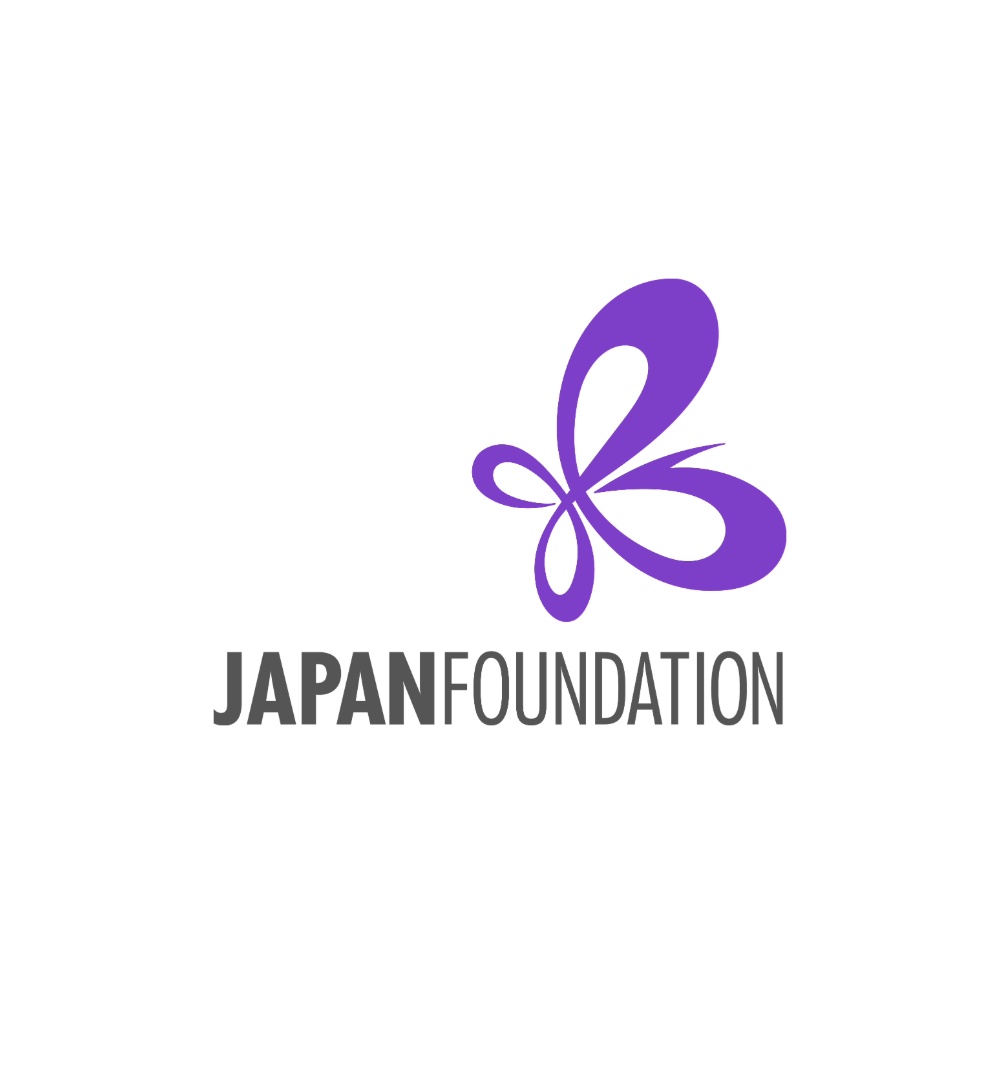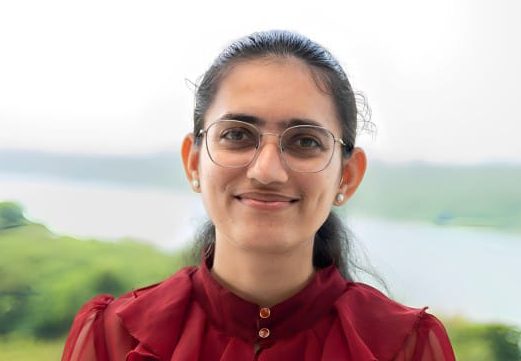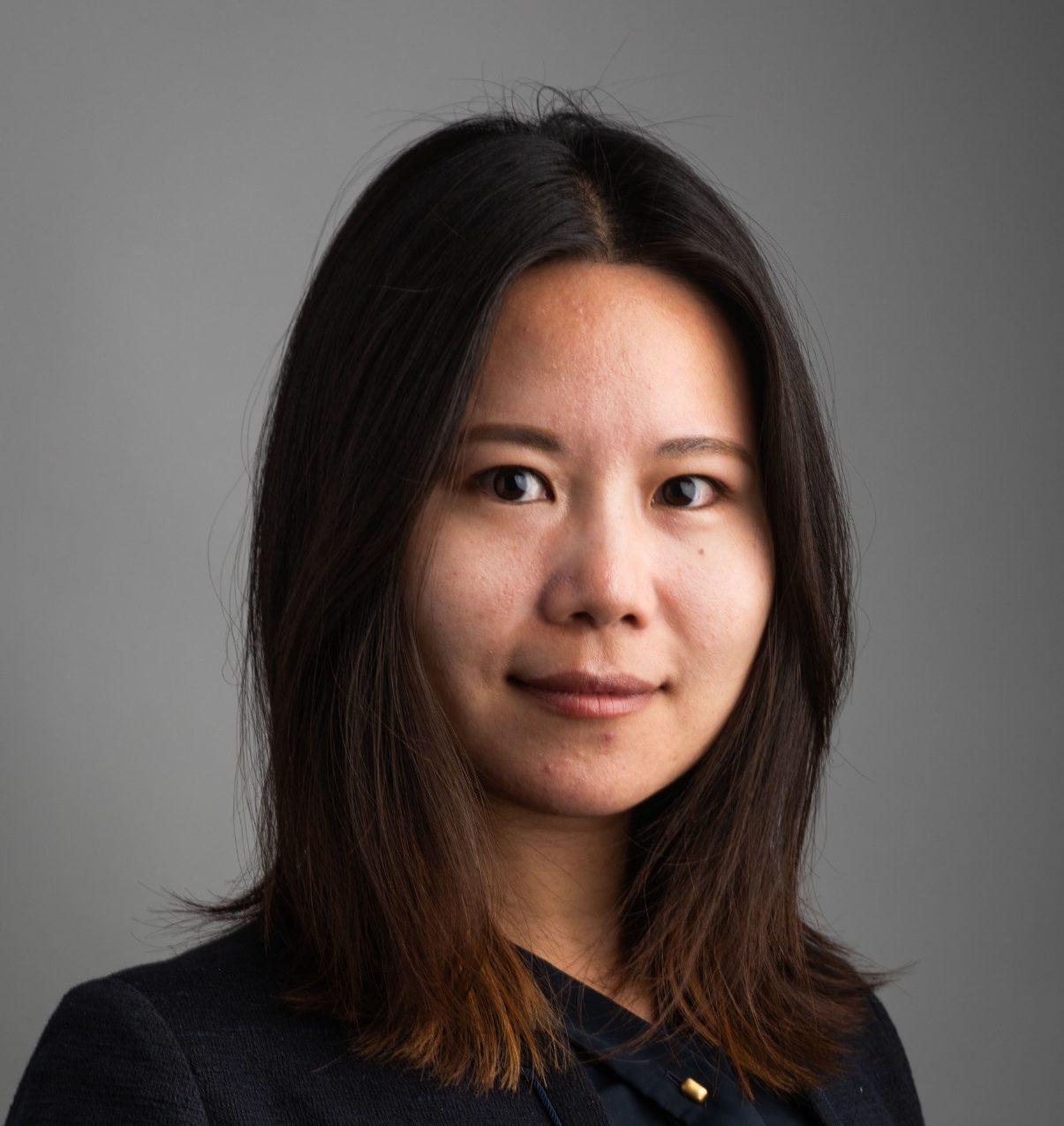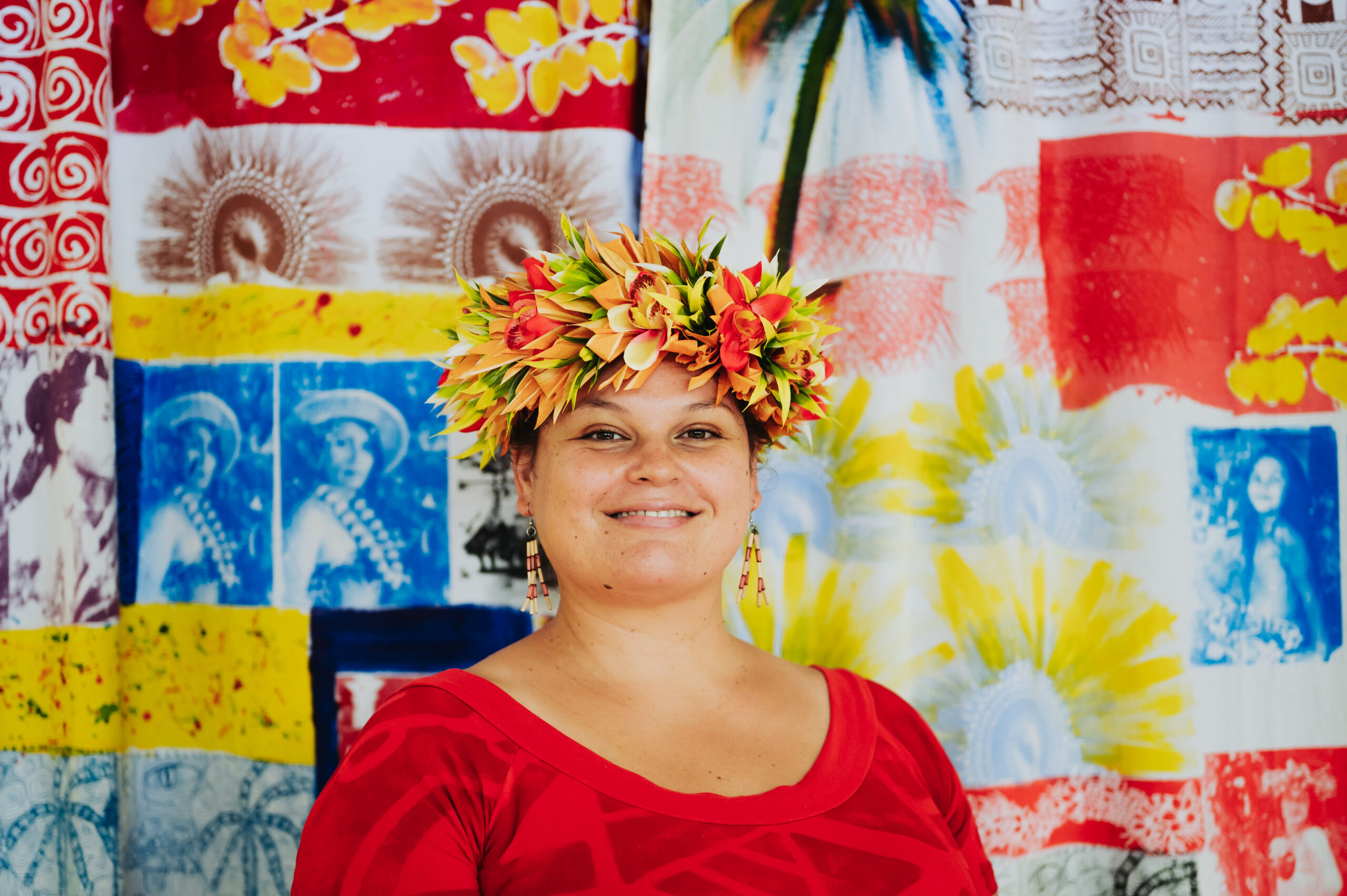The Indo-Pacific Cooperation Network is a unique cross-national network established by the AIIA and the Japan Foundation. Over the course of a year, participants travel to four international destinations to hone their skills and create lasting bonds that will help them in a career focused on resilience issues relevant to the region. By exploring how resilience issues are treated in different societies and socio-economic settings, experiencing how others in the network with a variety of professional and regional backgrounds view those issues as they research aspects of their field together, the AIIA and the Japan Foundation aspire to create a robust and lasting community that can call on each other for knowledge, assistance, and advice in future.
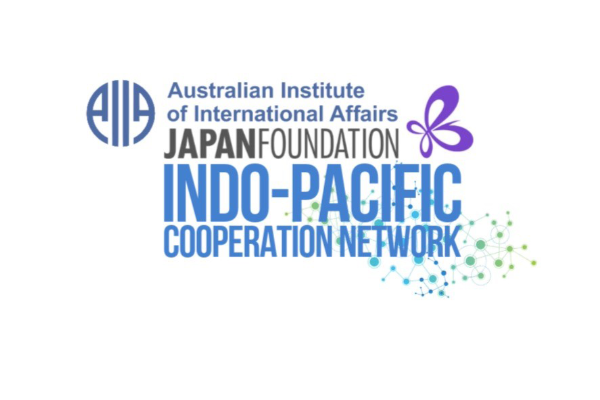
Researching resilience in Japan
The first phase of the Indo-Pacific Cooperation Network is a study tour to Japan. Cohorts have visited the Tohoku region and the cities of Tokyo, Kobe, and Kyoto to explore disaster resilience. A key focus was on earthquakes and tsunamis, and how Japan uses the memory of past disasters to improve future safety. This included visits to affected sites and hearing from survivors of the 2011 Great East Japan Earthquake and tsunami, and the 1995 Kobe-Hanshin Earthquake. Participants also met with local and central government officials, researchers, NGOs, media, and community groups. They toured disaster response and evacuation sites, museums, and major national institutions. The first cohort additionally attended a disaster resilience conference. These experiences offered valuable insight into how Japanese society approaches disaster preparedness, response, and recovery across different levels and sectors.
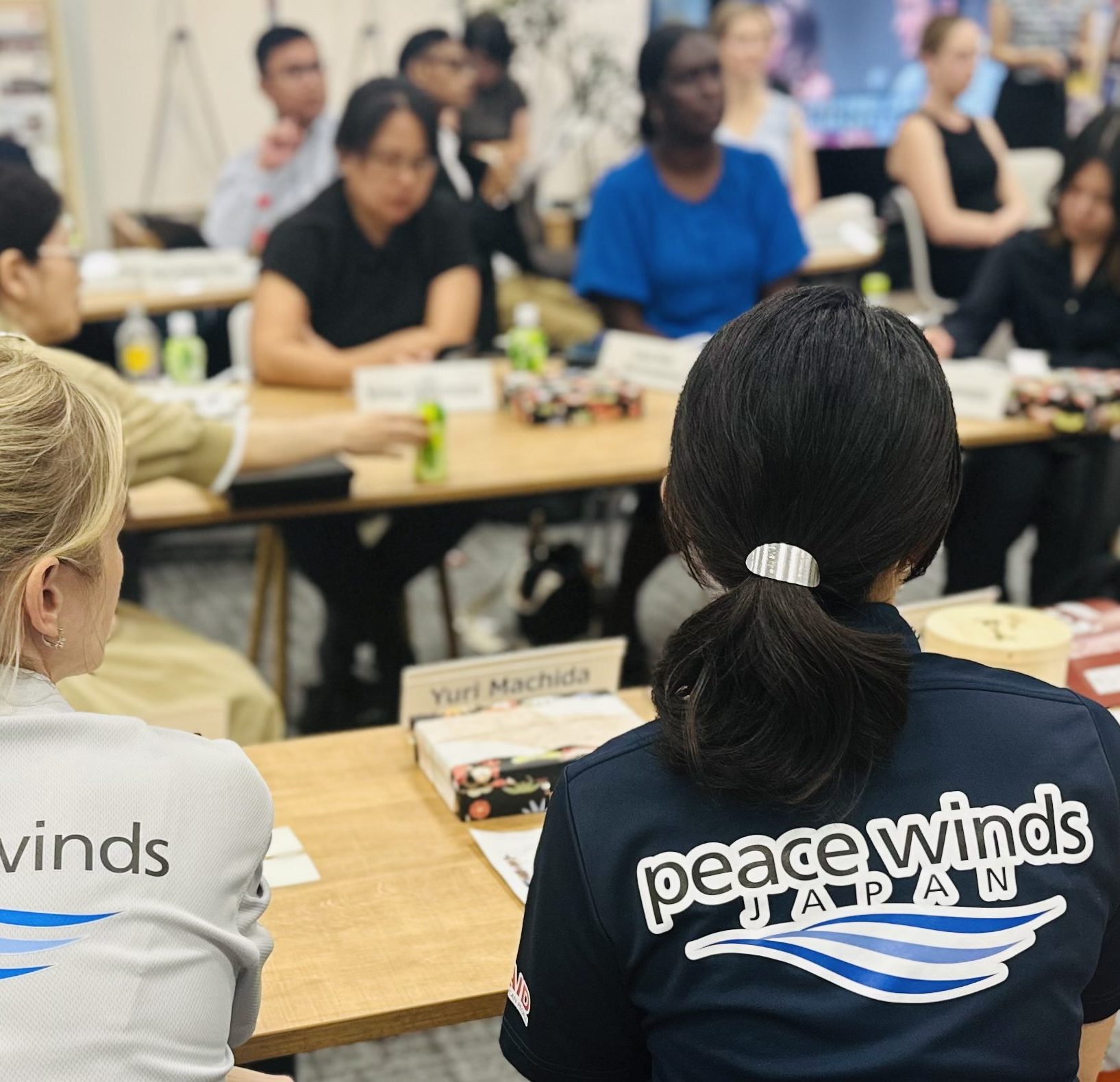
Raising the profile of our participants
One of the key goals of our network is to raise the profile of its participants. During the course of our activities, network participants have the chance to appear in local and national media interviews. We have encouraged our participants to present their findings at international conferences. And many of our participants have gone on to write articles on their experience in their national media, as well as on opinion sites, including the AIIA’s Australian Outlook. We support members in getting the word out about their activities. Click below for media coverage of our program on Japan’s national broadcaster NHK, the Sydney Morning Herald, and Fiji One TV.
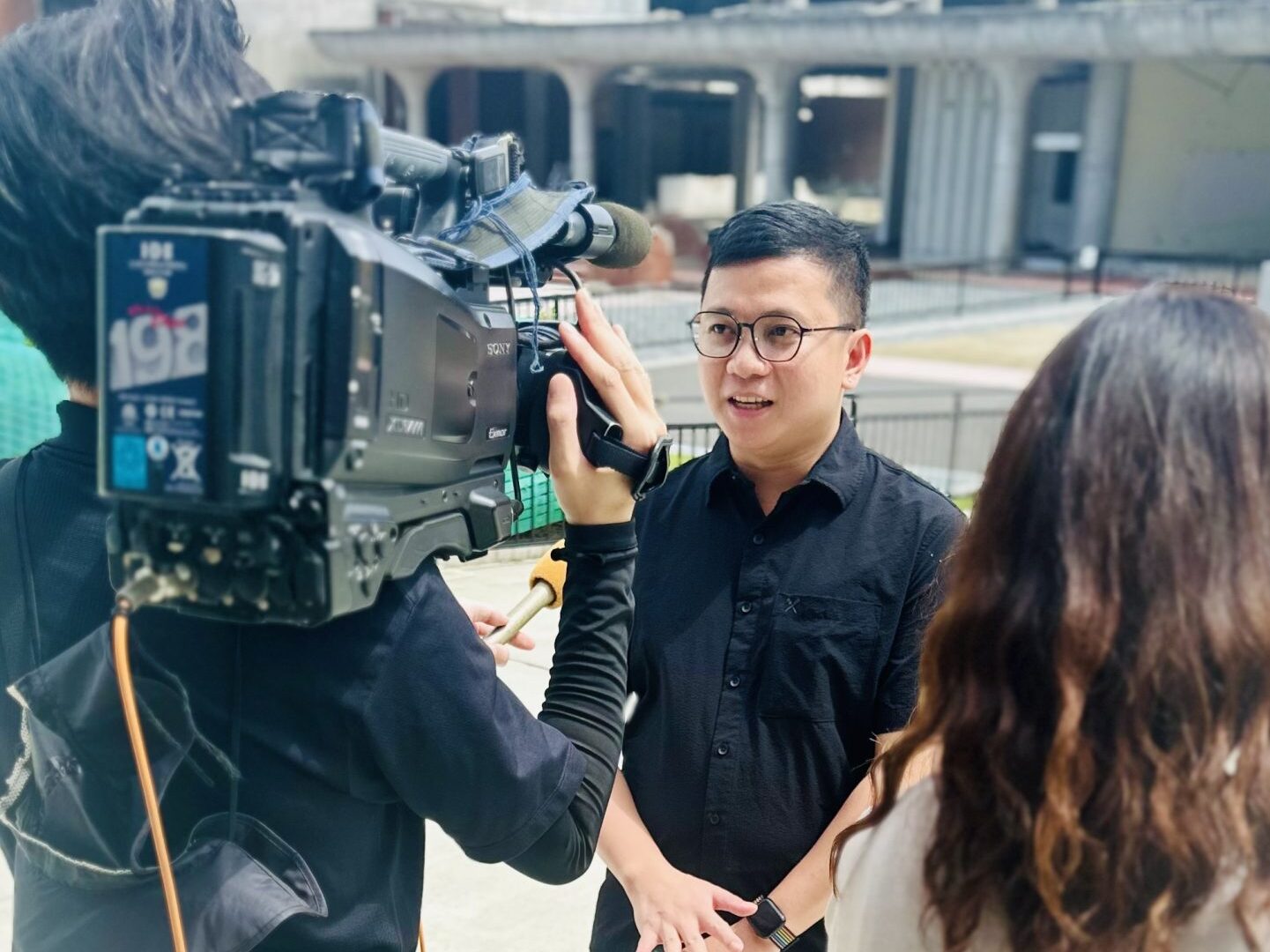
Meeting opinion leaders
In Australia, network participants attend the AIIA National Conference, where they engage with leading international affairs experts from across Australia and around the world. Many participants also contribute as speakers, sharing their own expertise on stage. They take part in masterclasses on global issues, including focused sessions on disaster diplomacy, as well as attend the gala dinner and a reception hosted by a foreign embassy. In 2024, the first cohort returned to the conference and joined members of the second cohort for special briefings at the Australian Department of Foreign Affairs and Trade and the Japanese Embassy, along with a tailored event designed for idea exchange. Following this, the second cohort undertook a study tour in Australia, focusing on bushfires and other aspects of disaster resilience.
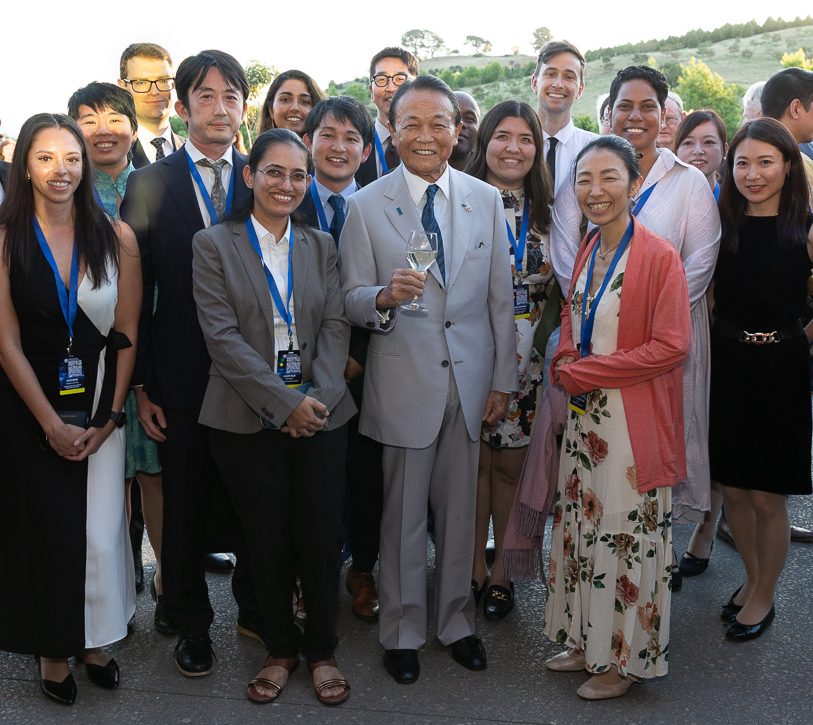
Getting into the community
A key facet of network activity is community engagement. Our cohorts learn first hand about the importance of local and non-official efforts to build resilience. We meet with volunteers at non-governmental organisations, community groups focused on specific sectors of local economies, and visit sites that are key to local disaster resilience and memory. Through engagement with local community groups in Japan, village visits in Fiji, a powhiri or traditional welcome and discussion on the role of the “marae system” in Aotearoa New Zealand, explanations of traditional cultural practices in Tonga, and examination of indigenous burning practices and a smoking ceremony in Australia, we’ve also prioritised indigenous and traditional practices in our exploration of knowledge on disaster.

Completing the experience
Both cohorts have travelled to the South Pacific as the third destination in the program, with cohort one visiting Fiji and Tonga in 2024 and cohort two visiting Fiji and New Zealand in 2025. Given the heavy focus on climate related disasters in these regions, visits to ministries, agencies, and local communities were key to understanding the mechanisms through which disaster resilience was realised. Participants met ministers, leaders of political parties, ministerial secretaries, parliamentary staff and university heads, and the heads of the diplomatic missions of Australia, Japan, France, New Zealand, the United States, and the European Union. They were able to learn not only how development aid assists local resilience efforts, but also how developed nations benefit from the knowledge of Pacific partners as adverse climate conditions increasingly affect their own communities. They round out the tour by presenting their ongoing research.
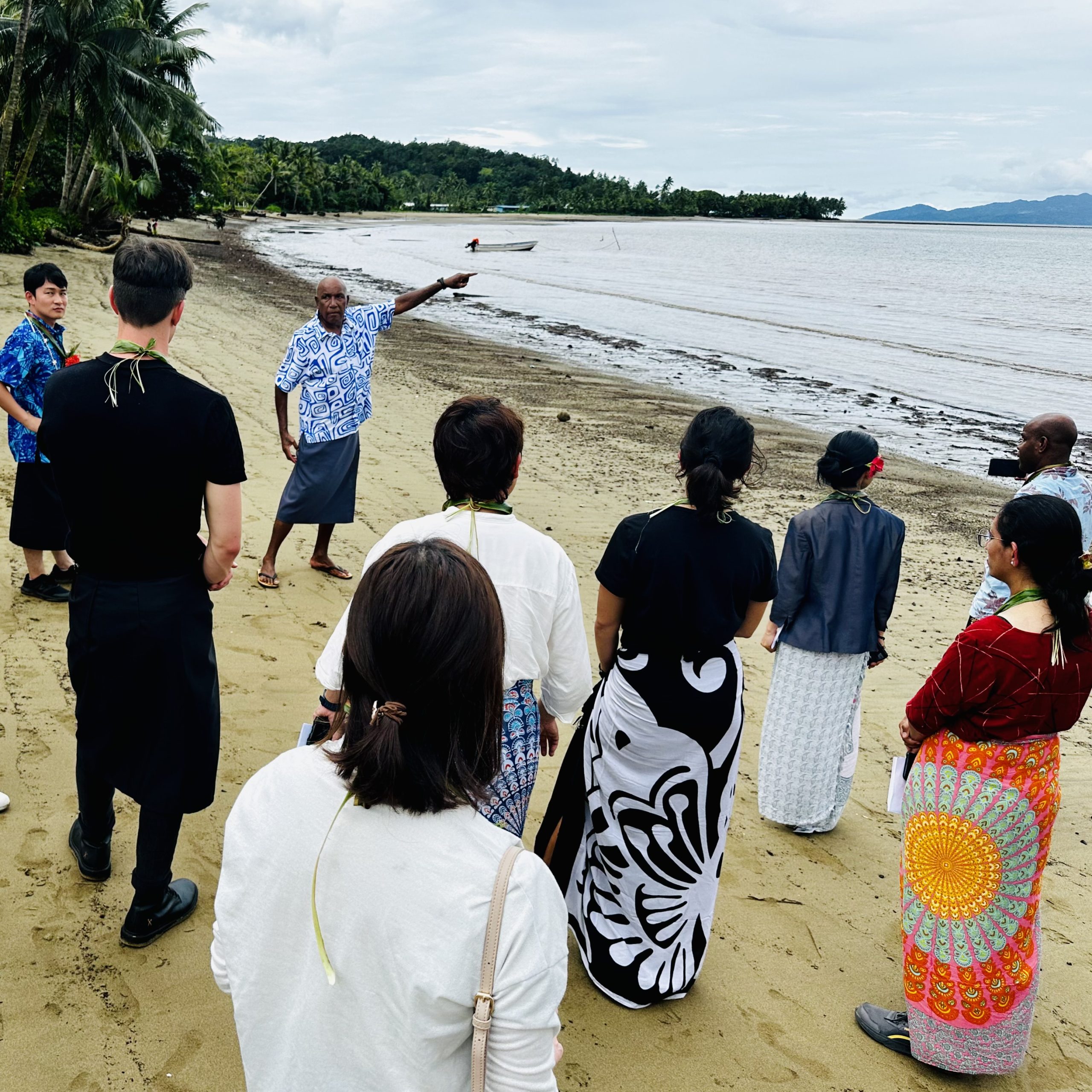
Collaboration throughout the program
Throughout the program, and between the study tours and other activities, cohort participants are expected to engage in their own collaborative and individual research and writing on disaster resilience. At the end of the third tour, each member of the the cohort engages in an in-depth presentation of the research and other work they have undertaken throughout the program and are planning to or have published. So far, the network has produced peer-reviewed academic articles, articles in national news outlets from the Netherlands to the Philippines to Australia, television broadcasts, podcasts, and online op-ed articles, including those featured by the AIIA’s own Australian Outlook. A sample of the work of the network is below.

Creating bonds to secure the region
At its heart, the Indo-Pacific Cooperation Network aims to build enduring connections between individuals that strengthen our region’s resilience. The AIIA and the Japan Foundation remain engaged with participants beyond the formal program, and our experience with the first cohort shows that members continue to collaborate and stay in touch well after their official activities conclude. Cohorts are carefully selected to ensure members complement one another, representing a broad cross-section of professions, communities, and countries. This diversity is key—enabling participants to draw on one another’s knowledge and expertise to support the region in the years ahead.
If you know someone who would be a great fit for this program, encourage them to apply. Details on how to join this unique opportunity are available by clicking the button below.

The Indo-Pacific Cooperation Network is an initiative by the Australian Institute of International Affairs and the Japan Foundation. The AIIA is grateful for the advice and support it has received from the Japan Foundation throughout this project.
